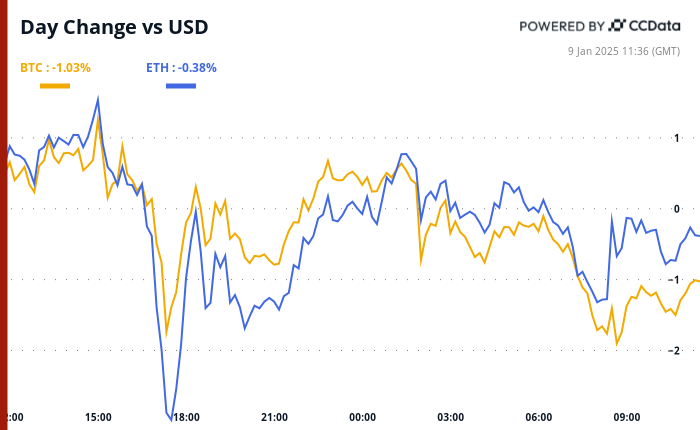
Autoimmune diseases, where the immune system mistakenly attacks healthy cells and tissues, often show warning signs before diagnosis. These signs, such as mild symptoms or the presence of specific antibodies, sometimes resolve without progressing.
However, for those at risk of developing full-blown autoimmune disease, early detection is crucial for better treatment and management.
Researchers from Penn State College of Medicine have developed an innovative tool called the Genetic Progression Score (GPS) to predict which individuals with preclinical symptoms are likely to progress to advanced stages of autoimmune diseases.
This groundbreaking study, published in Nature Communications, uses artificial intelligence (AI) to analyze genetic and clinical data, significantly improving prediction accuracy over previous methods.
Why Early Prediction Matters
According to the National Institutes of Health, about 8% of Americans live with autoimmune diseases, the majority of whom are women. Conditions like rheumatoid arthritis and lupus can cause irreversible damage once they progress.
For instance, antibodies linked to rheumatoid arthritis can appear in the blood up to five years before symptoms develop. Identifying at-risk individuals during this preclinical stage could allow for timely intervention and improved outcomes.
“Once autoimmune diseases progress, the damage can be irreversible,” said Dajiang Liu, a lead author of the study and a professor at Penn State. “Early detection and intervention are vital for improving patient outcomes.”
How GPS Works
The GPS method leverages transfer learning, a machine learning technique where a model trained on one type of data can be adapted for related tasks. This approach allows researchers to make predictions using smaller datasets, a common challenge when studying diseases with relatively small affected populations.
To create the GPS model, researchers combined data from two sources:
- Genome-Wide Association Studies (GWAS): These studies analyze genetic differences between individuals with and without a specific disease to identify risk factors.
- Electronic Health Record-Based Biobanks: These databases provide rich patient information, including genetic variants, lab results, and clinical diagnoses.
By integrating these datasets, the GPS model can identify individuals in the preclinical stage of autoimmune diseases and estimate their likelihood of progression to advanced stages.
Results and Validation
The research team tested GPS using real-world data from Vanderbilt University’s biobank and validated it with data from the National Institutes of Health’s All of Us biobank.
The model was applied to predict the progression of rheumatoid arthritis and lupus. GPS outperformed 20 other models, showing 25% to 1,000% greater accuracy in predicting disease progression.
People with high GPS scores were significantly more likely to transition from preclinical to disease stages. The model’s success demonstrates its potential for early intervention, personalized treatment, and targeted monitoring for at-risk individuals.
Broader Implications
Accurate prediction of disease progression has several important implications:
- Early Interventions: Identifying high-risk individuals allows for earlier treatment, which could slow or prevent disease progression.
- Improved Clinical Trials: GPS can help design better trials by identifying participants who are most likely to benefit from new therapies.
- Addressing Health Disparities: AI techniques like transfer learning can help study underrepresented groups in medical research, whether by race or by small sample sizes, ultimately reducing disparities in healthcare.
While this study focused on autoimmune diseases, the framework could be adapted for other conditions, offering hope for broader medical applications.
Future Directions
The GPS model represents a significant step forward in understanding autoimmune diseases, but the researchers emphasize that more work is needed. Further studies will refine the model and explore its use in other diseases.
“This work reflects the strength of Penn State’s comprehensive research program in autoimmune disease,” Liu said. “AI and transfer learning can help us study underrepresented populations and reduce health disparities.”
By making it possible to predict disease progression more accurately, tools like GPS could revolutionize how autoimmune diseases and other conditions are diagnosed, treated, and managed.
If you care about wellness, please read studies about how ultra-processed foods and red meat influence your longevity, and why seafood may boost healthy aging.
For more health information, please see recent studies about the power of pickle juice, and time-restricted eating: a simple way to fight aging and cancer.
The research findings can be found in Nature Communications.
Copyright © 2025 Knowridge Science Report. All rights reserved.









Leave a Comment